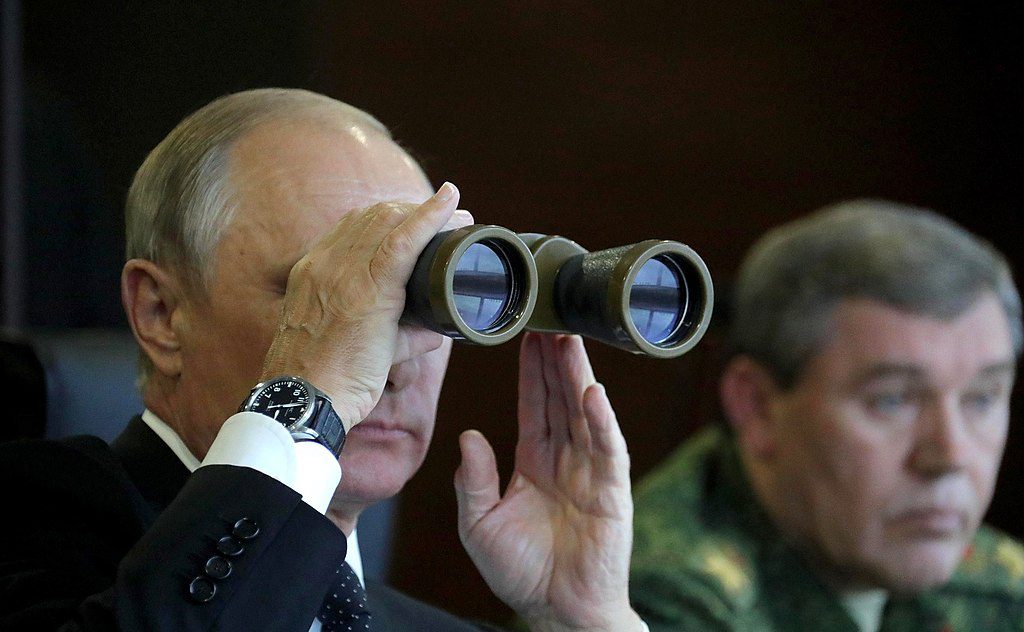According to the annual report of the Estonian Foreign Intelligence Service, the main external threat to Estonia is Russia and its behaviour.
“The main external security threat for Estonia arises from Russia’s behaviour, which undermines the international order,” the 2019 annual report says. “Russia conducts its foreign policy by demonstrating its military force, by using the dependence of other states on Russia’s energy carriers and by conducting cyber attacks and influence operations using false information and other ‘soft’ tools.”
“Ukraine will be the main target of those measures this year, but Russia will not hesitate to use them even against its ally, Belarus. Countries in the European Union and NATO are not fully protected from Russia’s aggressive activities, either – it has only been a year since Russia used a chemical weapon on the territory of the United Kingdom,” the report continues.
Can’t rule out surprises by an authoritarian regime
According to the Estonian Foreign Intelligence Service, Russia continues to develop and train its armed forces for a large-scale war against NATO.
“Even though the likelihood of a worst-case scenario is slim, surprises arranged by its authoritarian regime cannot be excluded,” the report asserts.
“The Kremlin’s foreign policy is affected by domestic problems, including increasing popular discontent and tensions within the elite. A strong military force and a leadership that feels threatened may prove a dangerous combination. Russia’s foreign and domestic policy is dictated by the authorities’ fear of changes, which might pull the rug from under them. Therefore, the regime regards domestic opposition as a dangerous enemy. According to information available to the Estonian Foreign Intelligence Service, Russia has practised the use of its armed forces units against internal protesters,” the report goes on.
Destroying the unity of the Western countries
The intelligence service also says that Russia’s goal is to destroy the unity of the Western countries. “To achieve that, Russia is prepared to get involved in other countries’ domestic policy. The issue of influence activities deserves particular attention this year, as EU member states are going to elect representatives to the European Parliament.”
The task of the Estonian Foreign Intelligence Service is to protect Estonia from external security threats. It collects and analyses intelligence and forwards the collected information to the state leadership to assist in its defence and security policy-making tasks.
I
Cover: Russia’s president Vladimir Putin and the Chief of the General Staff, Valery Gerasimov, at Luzhsky range, 18 September 2017 (the image is illustrative/Wikimedia Commons).

